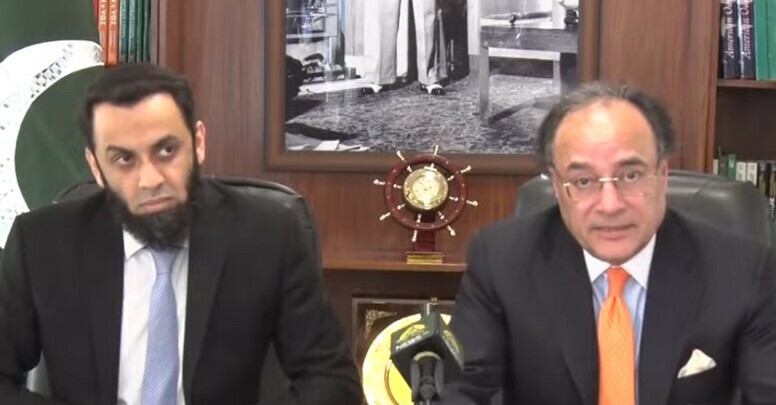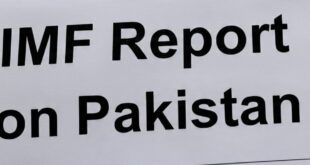
Federal Minister for Finance, Muhammad Aurangzeb, has asserted that sugar is no longer being smuggled across the border; instead, it is now being legally exported to Afghanistan.
Addressing a press conference in Islamabad, the finance minister elaborated on the steps taken to regulate the sugar industry. He stated that the Federal Board of Revenue (FBR) has developed a comprehensive monitoring mechanism for the sugar sector. Since the introduction of this system, six sugar mills have been sealed, and substantial fines have been imposed. This year alone, Rs 24 billion in sales tax has been collected from sugar mills, marking a significant increase in revenue.
Providing further details, Aurangzeb revealed that six sugar mills have been sealed so far, with penalties amounting to Rs 125 million. He highlighted that the country’s sugar production for the year stands at 5.7 million tons. To ensure complete oversight of sugar mills, various institutions, including the Federal Investigation Agency (FIA) and the Intelligence Bureau (IB), are actively monitoring transactions within the industry.
The finance minister explained that at the beginning of the current sugar-crushing season, the FBR introduced an advanced monitoring system designed to enhance transparency and curb malpractice. This system incorporates five key components: track-and-trace stamps, automated counters for bag counting, video recording and digital eye counting, and the installation of an e-track invoicing system at sugar mills’ entry points.
He further elaborated that FBR officials are physically stationed at sugar mills to oversee operations. However, to maintain transparency, these officials will now be rotated every ten days across different mills. Additionally, FIA, IB, and other institutional officers are assisting in this oversight process. As a result of these measures, sugar is now being sold exclusively to genuine distributors, significantly reducing hoarding and profiteering.
Discussing the financial impact of these reforms, Aurangzeb pointed out that within the first two months of this year, Rs 24 billion in sales tax was collected from sugar mills—an increase of 54% compared to the Rs 15 billion collected during the same period last year. He emphasized that, for the first time, sugar was not smuggled into Afghanistan but was legally exported, which has yielded substantial economic benefits. With this year’s sugar production at 5.7 million tons, along with reserves from the previous year, he expressed confidence that the country has sufficient stock to meet domestic demand.
Shifting the focus to the broader economic landscape, the finance minister acknowledged fluctuations in the stock market but underscored that structural improvements are in progress. He expressed optimism that further economic advancements would be evident by 2025 and reaffirmed the government’s commitment to achieving sustainable development goals. He also noted a significant reduction in the trade deficit.
Highlighting the role of overseas Pakistanis in stabilizing the economy, Aurangzeb announced that a record US$ 3.1 billion in remittances was received in February. He extended gratitude to expatriate Pakistanis, acknowledging their crucial role as economic ambassadors and a vital support system for the country. He further projected that remittances would remain at record levels this fiscal year, with an estimated total of US$ 36 billion.
Aurangzeb also referenced recent surveys indicating a rise in both business and consumer confidence. He pointed out that increased industrial activity further validates this positive economic outlook.
Echoing similar sentiments, Minister for Information Attaullah Tarar emphasized that economic indicators are showing steady improvement. He asserted that the Pakistani public is satisfied with the government’s performance and noted that friendly nations have recognized the country’s economic progress. He also commended overseas Pakistanis for contributing to foreign exchange reserves through remittances and affirmed that Pakistan’s economy is transitioning from stability to growth.
Tarar further highlighted that the government’s recent actions regarding the sugar industry are unprecedented in the country’s history. He pointed to the remarkable increase in sales tax collection, which has surged from Rs 15 billion to Rs 24 billion within a year. Reaffirming the government’s commitment to public welfare, he emphasized that all necessary measures would be taken in the national interest. Concluding on a confident note, he reiterated that Pakistan’s journey of development and progress will continue.
 BeNewz
BeNewz




